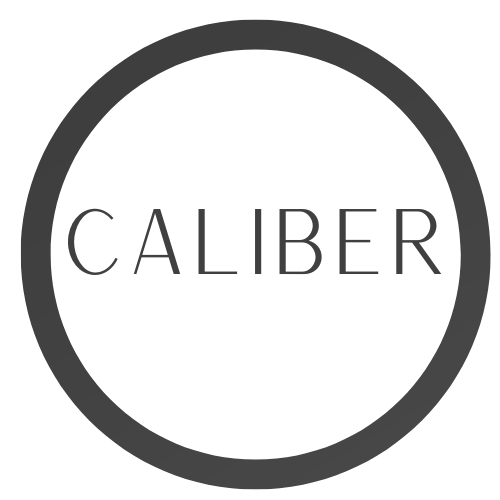When Efficiency Outran Ethics
For years, programmatic promised frictionless buying: automated exchanges, real-time auctions, infinite scale.
But behind the efficiency came opacity.
Supply paths splintered into hundreds of intermediaries.
Fees multiplied. Fraud followed.
And somewhere between the algorithm and the invoice, trust fell through the cracks.
In 2025, global advertisers are demanding accountability.
The World Federation of Advertisers estimates that nearly 20% of digital ad budgets still vanish into unverifiable inventory.
That’s not just financial waste—it’s reputational risk.
Every impression is a handshake between brand and audience, and buyers are starting to ask: who’s really shaking hands on our behalf?
“The next revolution in media isn’t automation—it’s accountability.”
The Trust Recession
Audiences don’t trust ads.
Brands don’t trust metrics.
Buyers don’t trust vendors.
And regulators don’t trust anyone.
The system runs, but the belief system behind it is broken.
Edelman’s global data shows trust in digital media at its lowest point in a decade, especially among younger consumers who value authenticity over access.
That mistrust has consequences.
It limits experimentation.
It drives risk-averse planning.
It reduces creative bravery.
When faith in the chain falters, innovation slows to a crawl.
From Transparency to Traceability
The first evolution of trust came through transparency—showing where ads ran and what they cost.
The next will be traceability—proving that every dollar flowed through ethical, verified, and responsible channels.
Blockchain verification, clean-room data partnerships, and direct publisher relationships are no longer experimental; they’re essential.
Major holding groups are piloting “clean path protocols,” using encrypted identifiers that trace each impression’s journey from bid to render.
The goal isn’t control—it’s clarity.
When media becomes traceable, accountability becomes measurable.
Trust as Strategy
Trust isn’t a compliance box—it’s a business multiplier.
Transparent ecosystems attract better partners, better audiences, and better performance.
According to PwC, brands that invest in transparent supply chains report an average 11% higher ROI, driven by lower fraud and higher publisher collaboration.
In an industry where margins tighten and automation equalizes access, trust becomes the differentiator.
Some buyers now treat trust as a KPI, not a virtue.
They score vendors on data lineage, audit frequency, and ethical alignment.
The results guide negotiation leverage as much as CPM benchmarks once did.
In this new economy, integrity literally pays.
The Human Factor in Verification
Technology can reveal; only humans can reassure.
Behind every audit, disclosure, and compliance badge is a conversation between partners deciding what fairness looks like.
That’s why relational intelligence is emerging as a core buyer skill—understanding not just how systems work, but how people within them behave.
Global brands like Unilever and Diageo now embed “trust officers” into their media functions—professionals tasked with maintaining transparent relationships across supply partners.
It’s soft power, not software, that keeps the ecosystem honest.
“Transparency shows the data. Trust shows the intent.”
Building the Trusted Chain
To future-proof the media supply chain, buyers can take five immediate steps:
- Map the chain: Identify every intermediary between brand and publisher. If you can’t list them, you can’t trust them.
- Vet for values: Choose partners who share ethical frameworks, not just performance targets.
- Adopt clean contracts: Require cost transparency and audit rights by default.
- Measure morality: Incorporate DEI and sustainability metrics into partner evaluations.
- Communicate openly: Treat supply partners as collaborators, not commodities.
Each step sounds simple, but together they redefine what buying power means.
Trust is no longer a soft skill—it’s a hard currency.
The Takeaway
The media supply chain doesn’t need more complexity; it needs more character.
The future belongs to buyers who measure integrity as rigorously as impressions.
In a landscape built on automation, trust is the one value that can’t be programmed.
In the end, transparency is technology. Trust is humanity.
